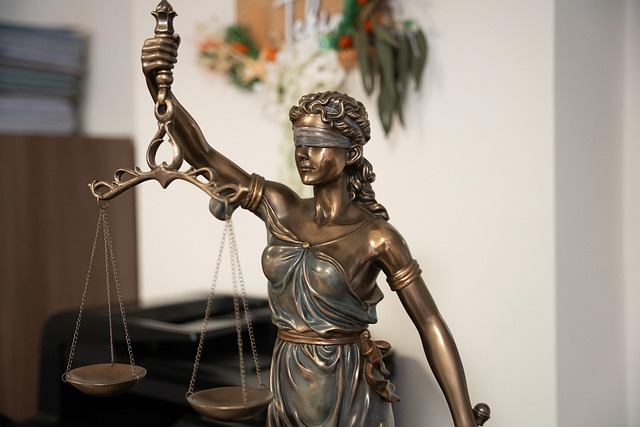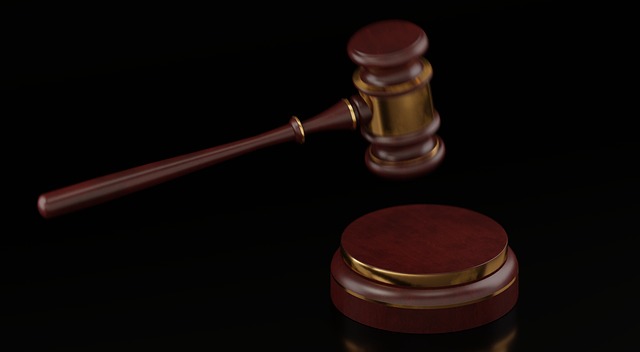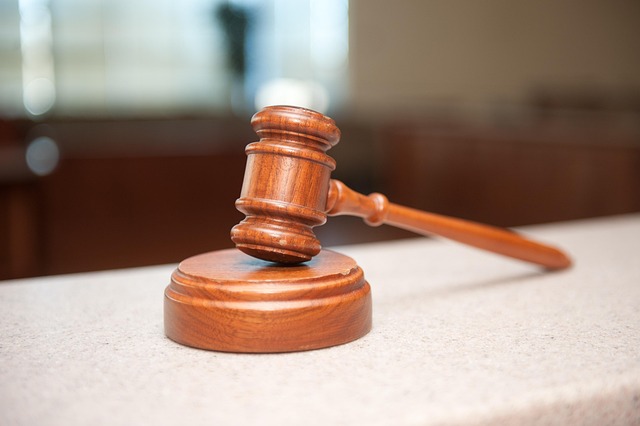Regulatory compliance, especially regarding false advertising, is vital for businesses to protect their reputation and avoid legal repercussions. To sue for false advertising, companies should: (1) review and ensure marketing accuracy, (2) comply with truth-in-advertising laws, (3) implement internal controls, (4) gather evidence (5) consult consumer protection attorneys, (6) build a strategic case using market research, sales records, and testimonials, and (7) consider litigation or alternative dispute resolution. These steps are crucial in holding accountable those engaging in misleading marketing strategies.
Navigating regulatory compliance issues is crucial for any business aiming for long-term success. In today’s competitive landscape, understanding and adhering to advertising regulations is essential to prevent false claims that can harm reputations and wallets. This article guides you through the complex world of regulatory compliance, offering insights on identifying and addressing false advertising. We’ll outline legal steps to take after discovery and share strategies for effective litigation, equipping you with the knowledge to protect your business and know steps to sue for false advertising.
- Understanding Regulatory Compliance Issues
- Identifying False Advertising Claims
- Legal Steps to Take After Discovery
- Strategies for Effective Litigation
Understanding Regulatory Compliance Issues

Regulatory compliance issues are a complex web that businesses must navigate to avoid legal pitfalls and maintain their integrity. It involves understanding and adhering to a myriad of laws, rules, and guidelines set forth by federal, state, and local authorities. These regulations cover diverse sectors, from food safety and environmental protection to financial services and healthcare. Non-compliance can lead to severe consequences, including hefty fines, legal action, and even criminal indictment.
One critical aspect often overlooked is the potential for false advertising lawsuits. These claims can arise when businesses make misleading or unsubstantiated claims about their products or services, deceiving consumers. To mitigate such risks, companies should take proactive steps, such as thoroughly reviewing marketing materials, ensuring adherence to truth-in-advertising laws, and implementing robust internal controls. By understanding and addressing these regulatory compliance issues, businesses can foster trust with their customers, avoid costly legal battles—including jury trials across the country—and maintain a strong reputation in the market.
Identifying False Advertising Claims

Identifying false advertising claims is a critical step for businesses aiming to protect their reputation and maintain regulatory compliance. Consumers are becoming increasingly sophisticated in detecting misleading marketing strategies, making it imperative for companies to ensure accuracy and transparency in their advertising campaigns. By scrutinizing promotional materials, including visual ads, slogans, and product descriptions, businesses can safeguard against potential legal repercussions. One effective approach involves engaging legal experts specializing in false advertising cases to conduct thorough reviews and offer strategic guidance.
When considering steps to sue for false advertising, understanding the nuances of consumer perception is key. Demonstrating that a claim or representation is materially misleading and has caused actual harm or injury to consumers is essential. An unprecedented track record of successful false advertising lawsuits underscores the importance of maintaining honest marketing practices. Avoiding indictment by regulatory bodies not only ensures compliance but also fosters trust among customers, ultimately achieving extraordinary results in market competitiveness and brand reputation.
Legal Steps to Take After Discovery

Upon discovering false advertising, it’s crucial to act swiftly and understand the legal steps involved in pursuing a claim. The first step is to gather evidence – this could include documents, records, or testimonies from individuals affected by the misleading advertisements. Once you have concrete proof, consult with an experienced attorney who specializes in consumer protection laws. They will guide you through the process of filing a lawsuit for false advertising, ensuring that all legal requirements are met.
In many cases, businesses involved in false advertising have strong legal defenses. However, with the right strategy and evidence, consumers can win challenging defense verdicts across the country. Your respective business’s interests will be protected as you navigate this complex landscape, aiming to hold accountable those who engage in deceptive marketing practices. Remember, taking these steps not only ensures justice but also serves as a deterrent for future false advertising incidents.
Strategies for Effective Litigation

When facing regulatory compliance issues, particularly those involving false advertising, a strategic approach to litigation is essential for success. The first steps in this process involve thorough investigation and documentation. Businesses should compile evidence that refutes any misleading claims made by competitors or other parties. This includes gathering market research data, sales records, and consumer testimonials to demonstrate the validity of their products or services.
For his clients, a robust general criminal defense strategy may be required during these legal battles. Understanding the nuances of false advertising laws and regulations is crucial. While many cases can be resolved through negotiations or alternative dispute resolution (ADR), the option for jury trials remains vital in ensuring a fair outcome. Preparations should include meticulous case building, expert witness selection, and a clear presentation of arguments to leave no doubt about the truth in court.
Navigating regulatory compliance issues, understanding false advertising claims, and knowing the legal steps to take after discovery are essential components of any successful strategy. By implementing effective litigation strategies, businesses can protect their interests and ensure they follow the proper procedures when suing for false advertising. Remember that, in today’s competitive market, staying compliant and vigilant against deceptive practices is crucial to maintaining a positive reputation. Take a dive into these key areas to enhance your legal toolkit and safeguard your brand.






